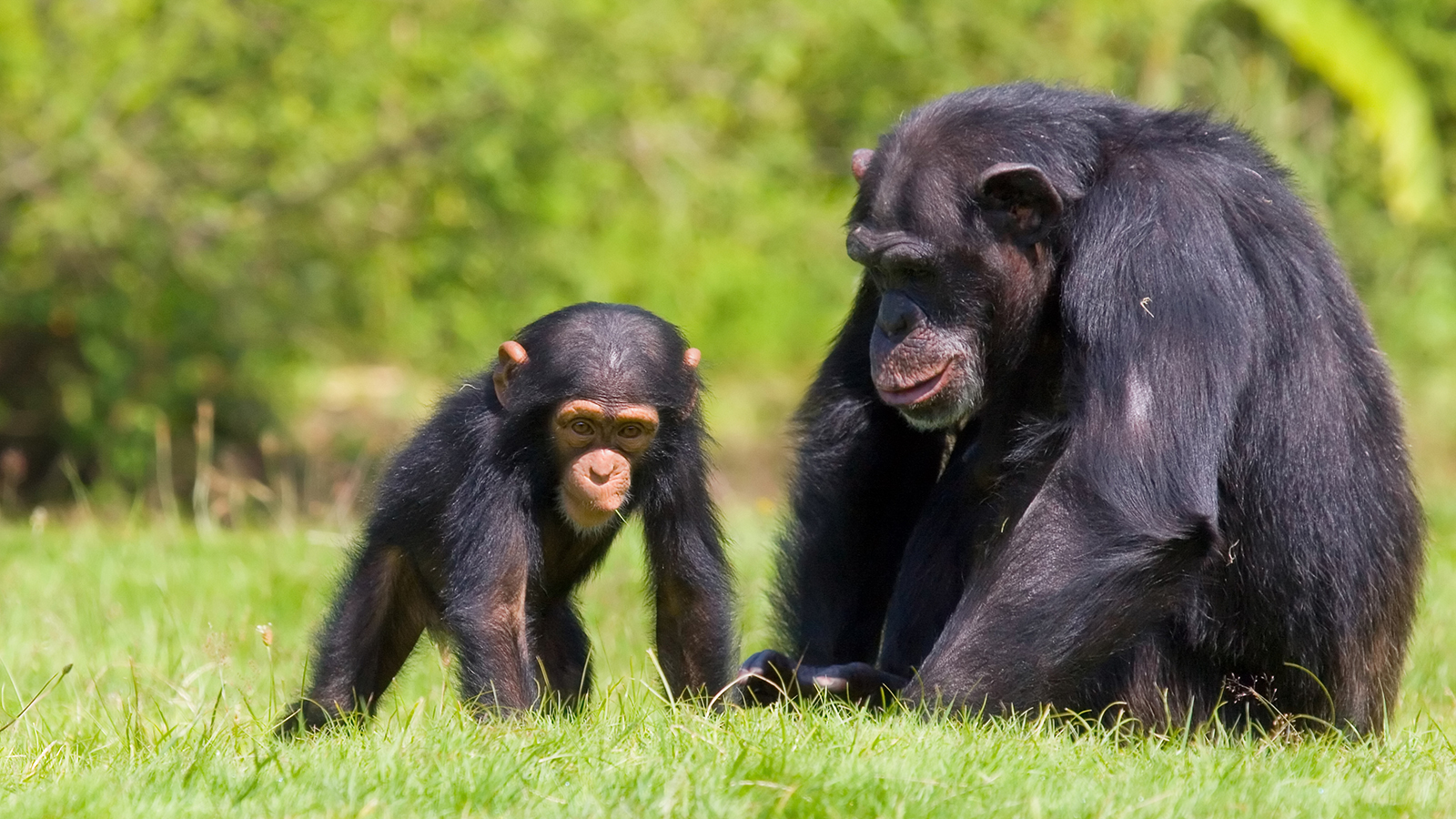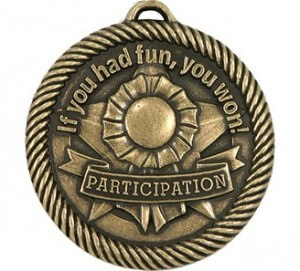
Have you ever noticed that one of the first things we teach our babies is gratitude? Of course, you have, but, even though I most likely did the same thing with all three of my sons, I hadn’t really thought about it until just now ! “Can you say thank you”? asks every parent everywhere when someone tells you how adorable your new NONSPEAKING baby is in the grocery store, or Target, or the coffee clatch after Church. “Make sure you say please and thank you,” we tell them as we drop them off at their first sleepover. “Well, it’s just good manners,” you say, but who decided that? It is certainly not just a cultural thing. Gratitude is a function of pretty much every culture on the planet. I say pretty much because somebody out there might know one where there isn’t any gratitude and get all snooty. It seems that humans are hardwired to give thanks, to be grateful, but why?
It seems it is a part of human nature. Of course, as a fallen species we don’t get it right most of the time but, the number of thanksgiving feasts and rituals around the world, as well as the fact that “Thank you” is one of the first foundational phrases we insist our pre-babbling babies build their vocabulary on, make it clear that thankfulness is, for some reason, a vital human characteristic. In a modern culture where the defining label given to its current young and preadult generation is “entitled”, the opposite of grateful, maybe it is time we re-examined this increasingly neglected Human virtue.

So. . . . apparently, Chimpanzees have a sort of social action that some in the behavioral science field have called a form of “protogratitude”. Frans de Waal, published a study in the journal, Evolution and Human Behavior, that described a pattern of behavior in which Chimpanzees would share food more frequently with others who had groomed them earlier that day than they would with those who had not. He called this more specifically a “reciprocal economy”. I guess much like our own, it is a sort of exchange of goods for services. The fact that it requires some long-term memory regarding who helped you out earlier and a reciprocal response to a specific individual makes experts in the field see it as a precursor to human gratitude. This sounds like people who keep track of who gave what gifts at a wedding or birthday so they can give something of equal value back. . . protogratitude but not true thankfulness.

“Hey!. … My dog shows gratitude!! She’s a rescued Pitbull who had a horrible life and every time I feed her, her tail wags and wags”. I guess we all tend to anthropomorphize our pet’s behaviors, inferring human emotion into man’s best friend. Dr. Kristen Bonnie and Frans de Waal put it this way in their 2004 essay titled Primate Social Reciprocity and the Origin of Gratitude:
The simpler alternative is that, after prolonged deprivation, there is a contrast effect that lasts a lifetime, making these animals show greater-than-average expressions of pleasure at receiving a full bowl of food.
Put simply, your dog’s response is primarily a reaction to pleasure over what it has been given. We went and patted some rescued Pitbulls at an adoption clinic one year and the dogs wagged their tails and “gave kisses” and crawled up in laps of total strangers because they were patting them and giving them treats and that gave them pleasure. Reminds me of when we sit at our Thanksgiving table and name things we are thankful for like family, friends, and food and if anything, only loosely imply that we are grateful to the one who gave them. What we truly mean is that those things make us happy, we find pleasure in having them, but is that true Thankfulness or just another form of protogratitude?
It seems when looking at the literature that we are the only species wired to show genuine gratitude. Thankfulness that employs the long-term memory and has as its target an actual individual. Fully formed gratitude is not simply glad to have something but is grateful to the one who gave it. When Gratitude is misplaced or partially formed, focussing on the benefit rather than the benefactor, it fails to accomplish that for which it is purposed within the human community. Interestingly, the function of gratitude has been studied for decades and theories have mostly focused on it in terms of cost/benefit. This seems to work with our chimpanzees and their protogratitude, but humans are different. Humans will expend resources to help another even if there is no benefit to themselves. This is unique in the Creation, and seems to be one of those characteristics that clearly reflects the Artist who created us in His image at the first.
Dr. Sara Algoe of the University of North Carolina points out that genuine gratitude involves the recognition of the benefactor, the giver, and their attitude toward the one receiving the gift. She refers to this as a “responsive gesture” and says that “it signals that the person understands, approves, or cares about the self (the receiver)”. The result of gratitude that extends past the gift and reaches to the giver is a change, a strengthening in the relationship between the two individuals. . . it binds them together. Algoe sums up her, “find-remind-bind” theory of gratitude this way:
gratitude is probably best understood as a mechanism for forming and sustaining the most important relationships of our lives, those with the people we care about and count on from one day to the next.
Algoe, Sara B. “Find, Remind, and Bind: The Functions of Gratitude in Everyday Relationships.
If we take this idea beyond simply the social roles of psychological evolutionary theory and think about why a Creator would choose to hardwire the one Creature that He has made in His own image, the one species He designed to live in direct connection with Him for gratitude, it begins to make perfect sense. If Gratitude is that thing which recognizes the heart of the Giver and in turn draws the receiver into deeper relationship with them, then Thanksgiving cannot be simply about politely acknowledging that we have received a gift. It is not like the feeling you get when a package is dropped at the doorstep by a nameless, faceless shadow in a sassy brown uniform (yeah I said sassy). When Mankind turned their backs on the Giver in the Garden of Eden, the relationship changed. When they failed to recognize the purely altruistic gift of Life they had in the Garden, their mindset toward the Living God was altered to the point where they could no longer fully benefit from the greatest of all Benefactors.
If Gratitude is that thing which recognizes the heart of the Giver and in turn draws the receiver into deeper relationship with them, then Thanksgiving cannot be simply about politely acknowledging that we have received a gift
Centuries later, God established Thank offerings, and frequently asked His people to build altars of remembrance. These were not for His benefit, but to stir up within them grateful hearts that would bind them to Himself. We, however, too often trend backward, into a lower form of Protogratitude, pleased to have the thing and wagging our tails but not truly recognizing the heart of the individual giver, focused more on benefit than benefactor. I am afraid that when our thanks has no target other than the gift or benefit itself, we unwittingly make ourselves the provider – we worked hard to provide the meal, to keep the family together, to raise great kids.
If gratitude and thankfulness are designed to bind us to the Creator, and to one another, then Entitlement must over time create the opposite condition. When we feel we are owed something or we deserve it, then we can no longer recognize the generous act behind it. This is not the first generation to be accused of being entitled. I remember even we Gen-Xers being accused of expecting jobs when we got out of college rather than understanding we must start at the bottom and work our way up. We were accused of thinking that because we had a degree the world owed us. If gratitude’s ultimate power is in connecting individuals and the community, I wonder what type of culture we are creating when we teach our children that everyone should get a trophy just for showing up, or get an A because you handed something in even though it is 2 weeks late.When we feel we are owed something or we deserve it, then we can no longer recognize the generous act behind it
Gratitude is part of our original human nature, unseen in any other creature. It is the tie that binds us to The Father and enables us to share that bond with those He has surrounded us with, both strangers and friends. This then is not a virtue we should run from settling for rudimentary protogratitude. We must run towards it with arms wide open, dying to feelings of entitlement or simple pleasure, reaching past the gift and recognizing the heart of the Giver.
Oh, that men would give thanks to the Lord for His goodness,
And for His wonderful works to the children of men!
9 For He satisfies the longing soul,
And fills the hungry soul with goodness
21Let them sacrifice the sacrifices of thanksgiving,
And declare His works with rejoicing.
Psalm 107:8-9, 21
Coming Soon: Protogratitude 2: Faith and Thanksgiving
Other Related Articles: Thanksgiving Grapes, Joy Out of Thankfulness
Krisin E. Bonnie, & Frans B. M. de Waal (2004). Primate Social Reciprocity and the Origin of Gratitude in Robert A. Emmons & Michael E. McCullough (eds.) The Psychology of Gratitude (Oxford University Press), 213-229
DEWAAL, F. (1997). The Chimpanzee’s service economy: Food for grooming Evolution and Human Behavior, 18 (6), 375-386 DOI: 10.1016/S1090-5138(97)00085-8
Algoe, Sara B. “Find, Remind, and Bind: The Functions of Gratitude in Everyday Relationships.” Social and Personality Psychology Compass, vol. 6, no. 6, 2012, pp. 455–469., doi:10.1111/j.1751-9004.2012.00439.x.


You must be logged in to post a comment.